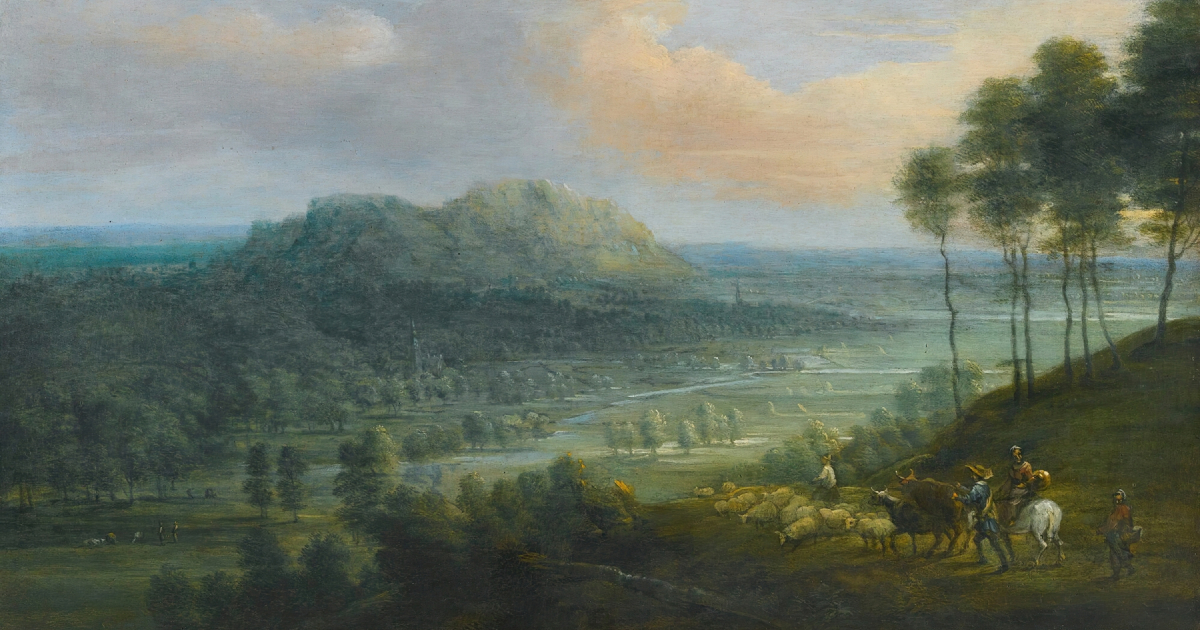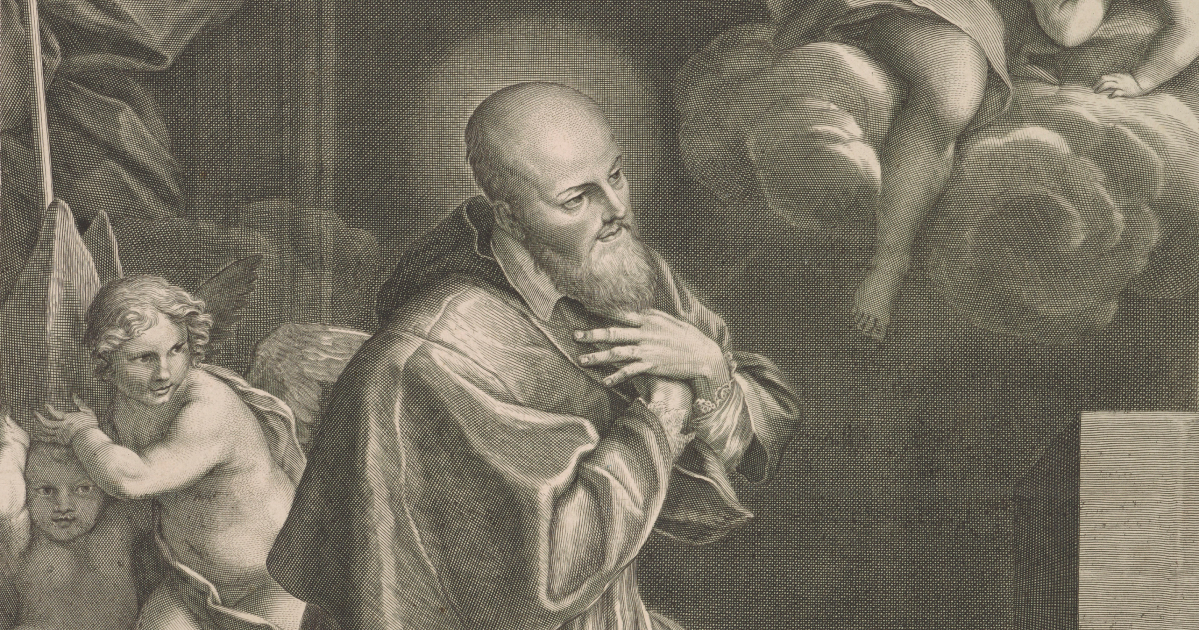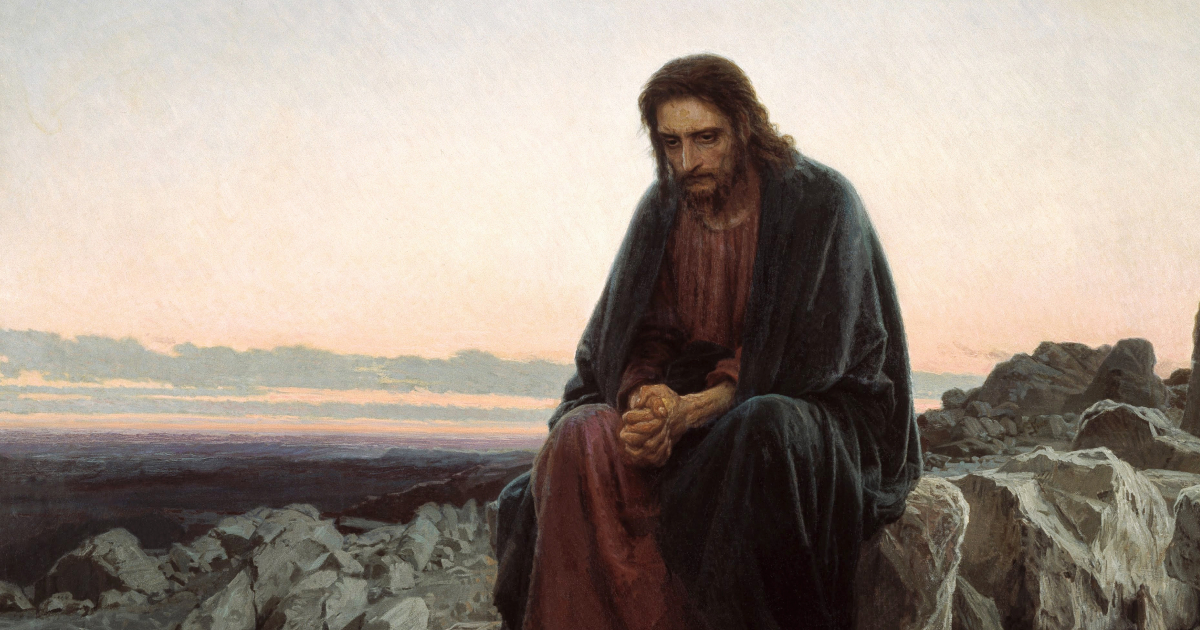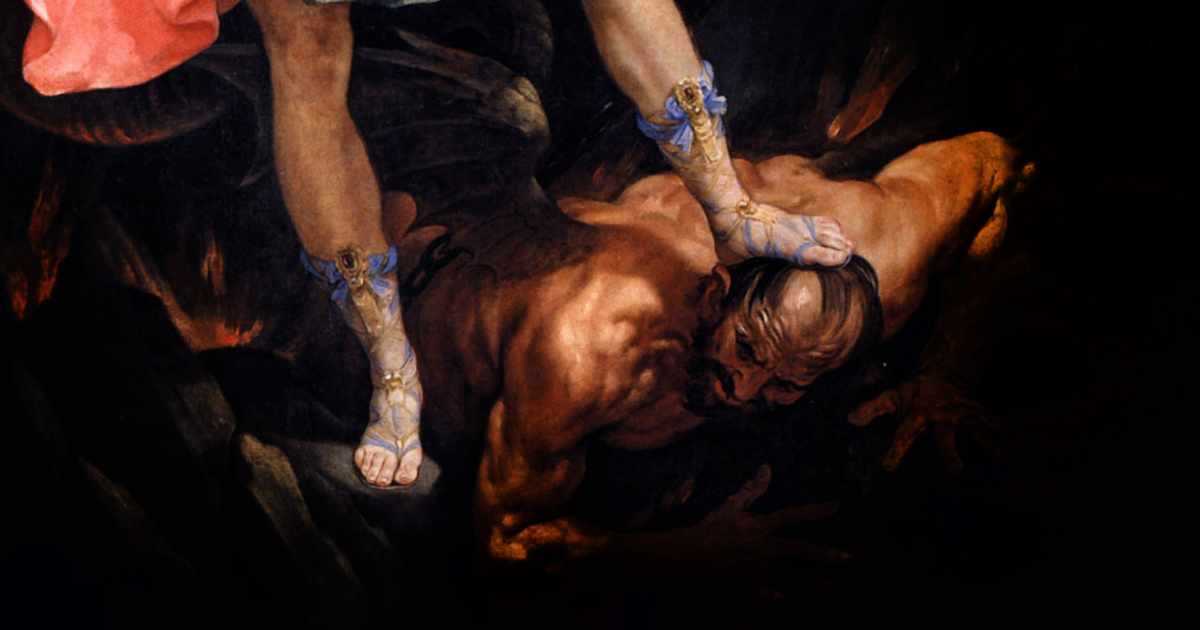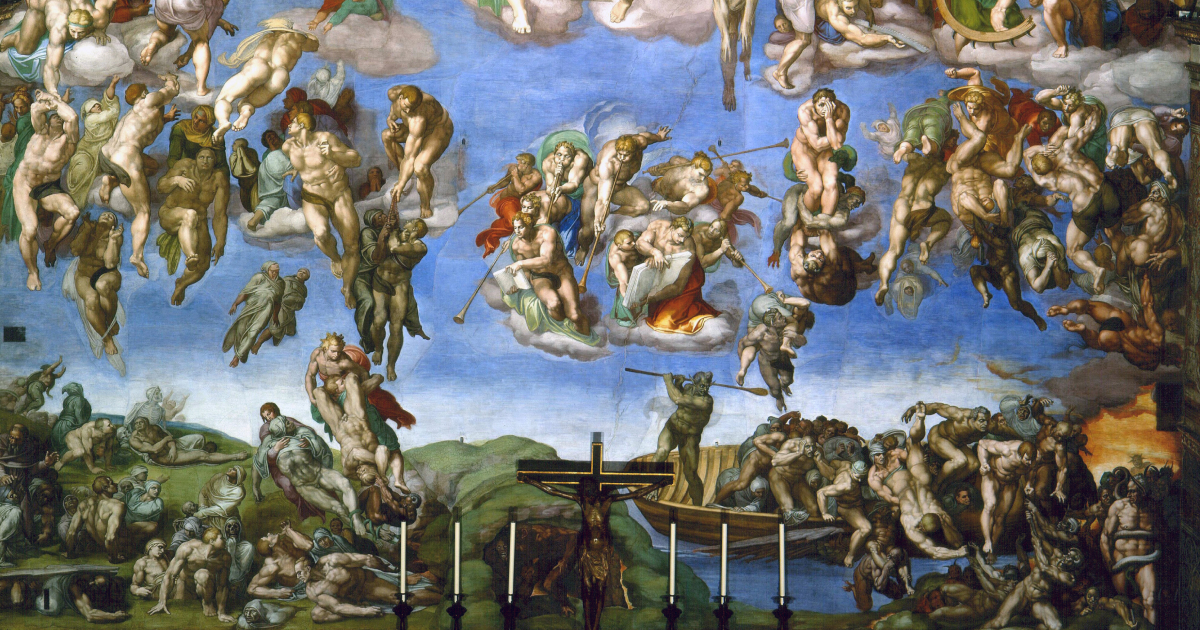A long time ago in a galaxy far, far away… Right. Stop. It wasn’t.
It was Cardiff, circa 1979. Yet in so many ways, it does seem so very far away and half a lifetime ago. It was a time of absolutes. The sun always shone, or the rain always fell. Margaret Thatcher was coming to power. Paul VI’s call to humanity in Humanae Vitae had caused the steady march of modernity to stall, if only for a moment. The anarchy of punk still hung in the air. Two Tone was poised to take the charts by force. Extremists of all hues marched on city streets. The battles between the trade unions and the government ebbed and flowed across the news. At the same time, we were only a few years away from St John Paul II’s visit to Cardiff and the sea of humanity that welcomed him at Pontcanna Fields (itself named after St Canna’s bridge). In a world of seeming hedonism and modern ideas, the call of the Pope to prayer and faith brought thousands out, just as it did later when Pope Benedict visited a ‘post-Christian’ UK only to witness the streets lined dozens deep wherever he went.
But let’s go back to 1979. The cultural, political and religious tumult of the times mattered little to an eight-year-old boy mooching about the streets on his way to and from the park. The local Rec was central to my young life, and it was only a few streets away from my home. The streets here were named after famous battles — Alma, Balaclava, Agincourt, Mafeking, Trafalgar — built in an age of Empire and patriotism. Interestingly, Russell Street, a few minutes away, was known as Patriots Avenue after World War I. This caused consternation. Officials feared this could send a signal to locals of Irish descent who supported Irish Home Rule. It was never officially renamed.
So, we are at the Rec, and the sun is shining. Imagine this handsome young lad (look, it’s my story, okay?). He’s pottering about after playing football with his pals amidst the dog faeces and walking up to the ‘sweet shops’ on nearby Wellfield Road, where the Cardiff Buses in their distinct orange livery went back and forth to the city centre and out to the estates in Pentwyn and Llanedyrn at the edge of the city. How many times did he walk past a stark piece of graffiti written in thick black marker on a white wall?
“War Pigs. Disagree? Meet me over the Rec at 4 pm.”
It was a long time ago, and that quote may not be verbatim, but that’s how I recall it. I had no idea who or what War Pigs were (though it sounded a bit nuts, like feral warthogs), and this bit of local bravado always struck me as strange as I sauntered past on my way to or from the shops, pennies or sweets in hand. Not only did it raise the question of what a War Pig was, but furthermore, I couldn’t help but think that more than a few issues on timing arose from this urban statement.
Did the gentleman who wrote this particular missive (at the time, I could not conceive of a lady writing something so threatening on a wall in public — how times have changed!) have a specific day in mind? Should he have added a date? Or was he going to the Rec every day at the allotted time to see if someone turned up? How would he know at a busy time of day who might be there to argue (presumably against War Pigs?) as opposed to someone who might be there to enjoy the rather meagre, rusty, dangerous and dystopian 70s-style death-trap playground? If I decided one day that I wanted to argue about said War Pigs, would I be there on my own, lulled to a fake meet-up that the graffiti artist had no intention of attending? Or might I tentatively attend, bag of sweets in hand, only to find a large and angry mob waiting — some of them perchance waving placards with “We love War Pigs” slogans — snarling in anticipation of a bit of seventies-style aggro?
I was perplexed. I had so many questions. My puzzlement and general confusion increased every time I walked past this graffiti.
Of course, being eight years old isn’t a constant state. Within a couple of years, I’d embraced Two Tone, then second-wave punk. Furthermore, my best mate Norm, who lived around the corner from us, was an Ozzy Osbourne and Alice Cooper fan. And so, of course, I soon understood full well not only what War Pigs was (a song), but what War Pigs were (the subject of said lyric).
If you haven’t listened to the song, give it a go. It is heavy metal, but in the post-Thrash Metal age, it’s fairly staid stuff: heavy, but plodding, with thick riffs and clear angst-ridden vocals. But if metal isn’t your bag, look up the lyrics. It’s pacifist in tone: rough-edged, angry, but still essentially hippy ideals. Moreover, it’s the kind of post-WWI move against using working-class lads as cannon fodder. In our post-Iraq War and Trump elections world, when so many have turned against the never-ending wars that deliver only more chaos and terror, it’s a message that would seem to appeal to the right and left wings of politics and certainly to anyone even faintly aware of Catholic Social Teaching. And Ozzy & Co.’s Satanic imagery? In this song, at least, it’s placed purely on the politicians and generals who foment these wars for profit that get poor kids killed. As Ozzy warned in War Pigs: “Wait ‘til their Judgement Day comes.”
So when I read that Ozzy died this week, my mind went back to that graffiti written on a wall in Cardiff five decades ago. And one day, when I’ve invented a time machine from the boxes, bits of wood, paint pots and old screws in the shed, I will use it to travel back to 70s Cardiff and via a process of elimination I will find out when that fascinating missive was written and be there to greet the author, after he has written it. I’ll question him at length as to his intent, possibly over a convivial pint of Brains Beer, if he’s old enough. And who knows, maybe we will agree on more than we might first have imagined? If he is a long-haired libertarian leather-wearing Ozzy fan sharing a beer or two with me (a short-haired, shirt and tie small-c conservative Catholic), and we get onto Just War theory, I think we’d find plenty of common ground.
If we oppose the endless cycle of unwinnable wars in which civilians suffer en masse and chaos ensues, I don’t think it would take much for us to come away realising that we have a shared righteous anger. Perhaps we might debate the role of free will in a fallen humanity, and the fact that we have a loving, forgiving God who offers a way forward for saints and sinners alike. It seems to me that’s something that might warrant further discussion.
As War Pigs says, to remind us of God’s mercy and man’s fallen nature:
“Day of judgement, God is calling. / On their knees the war pigs crawling, / begging mercy for their sins…”
Naturally, Ozzy and Co. embellished all this with their dark imagery. But the essential message in this song is one of cannon fodder wars being wrong, and of justice waiting for those who organise mass murder on feeble grounds. The greed and gluttony of profiteering from unjust wars for the unrepentant are seen as sinful. And isn’t that a line all ‘men of goodwill’ can agree on?
If we are to believe some recent reports on social media, Ozzy was said to have turned to the Virgin Mary in times of need, though I wonder if that is wishful thinking. And yet his Catholic mum and his Anglican faith may have crept through the clouds of funny-smelling cigarettes somewhere along the way. I certainly wouldn’t want to whitewash songs like Sweet Leaf or Snowblind that glorify or excuse a hedonistic lifestyle. We can only hope that he sought the Virgin Mary’s intercession enough to gain mercy from her Son. Ozzy himself affirmed his belief in God and said, “I’m not a Satanist, never have been.”
After Forever, a song from Sabbath’s Master of Reality album, written by Bill Ward and ‘Geezer’ Butler, asks:
“Have you ever thought about your soul / Can it be saved? … Is Christ just a name that you read in a book / when you were at school? … I’ve changed my ways / And I’ll be prepared when you’re lonely and scared at the end of our days. Could it be you’re afraid of what your friends might say / if they knew you believed in God?”
The song goes on to criticise the atheist small-minded pack mentality, and that “God is the only way to love.” It’s strong stuff for a mainstream metal band.
Of course, once my time-travel machine is complete, I’d use it to go back and meet all the famous people on my list: Jesus, the Irish grandfather I never knew, Chesterton, St Thomas Aquinas, Hywel Dda, my uncle who died on the D-Day para drop, and the many others on my list. But first… that War Pigs graffiti author.





.png)



